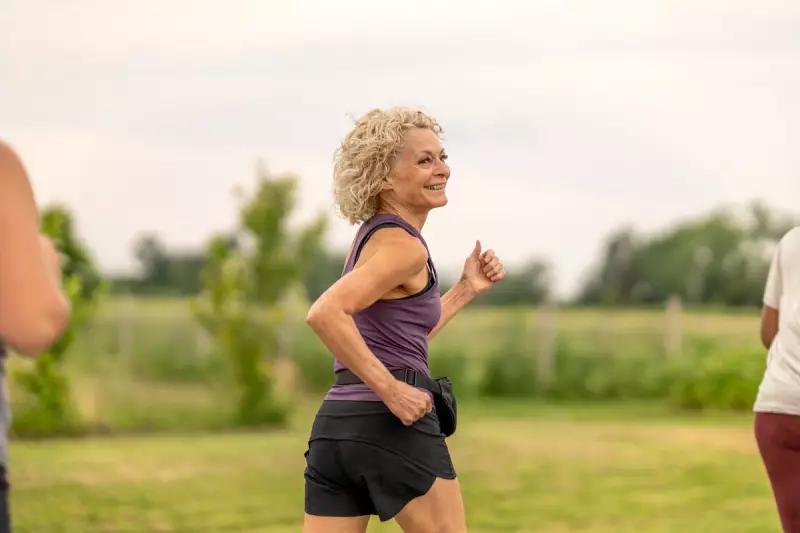
Forget everything you thought you knew about ageing and exercise - groundbreaking research reveals that taking up running in your later years could be one of the most powerful health decisions you'll ever make. Contrary to popular belief, your golden years might just be the perfect time to lace up those trainers and hit the pavement.
Why Your Body Craves Movement as You Age
As we navigate through midlife and beyond, our bodies undergo significant changes that make regular exercise not just beneficial, but essential. Running emerges as a surprisingly accessible activity that delivers profound benefits regardless of when you start.
"The human body is designed for movement throughout the lifespan," explains Dr. Alyssa Olenick, an exercise physiology expert. "Many age-related health declines aren't inevitable consequences of getting older, but rather results of insufficient physical activity."
The Remarkable Transformations Awaiting You
Regular running delivers a powerful cocktail of benefits that specifically target common age-related concerns:
- Brain Boost: Running stimulates the production of brain-derived neurotrophic factor (BDNF), essentially fertiliser for your brain cells that enhances memory and cognitive function
- Bone Strength: Weight-bearing exercise like running increases bone density, providing crucial protection against osteoporosis
- Muscle Preservation: Counteracts age-related muscle loss, helping maintain strength and independence
- Metabolic Health: Improves insulin sensitivity and helps manage weight, reducing risk of type 2 diabetes
- Cardiovascular Fitness: Strengthens your heart and lungs, lowering blood pressure and improving circulation
Your Safe Start Guide: Running After 50
Beginning a running routine later in life requires a thoughtful approach, but it's far more achievable than you might imagine. Follow these expert recommendations to start strong and stay injury-free:
- Consult Your GP: Especially if you have pre-existing conditions or haven't exercised regularly
- Embrace the Walk-Run Method: Alternate between running and walking intervals, gradually increasing running time as your fitness improves
- Invest in Proper Footwear: Visit a specialist running shop for gait analysis and shoes that provide appropriate support
- Listen to Your Body: Distinguish between normal discomfort and pain that signals potential injury
- Prioritise Recovery: Allow adequate rest between sessions and incorporate stretching or yoga
- Find Your Community: Join running groups for older adults - the social benefits are as valuable as the physical ones
Beyond Physical Health: The Mental Revolution
The benefits of running extend far beyond what you can measure with medical tests. Many older runners report experiencing what can only be described as a mental health transformation.
"Running gives me a sense of accomplishment that permeates every aspect of my life," shares Margaret, 68, who took up running at 62. "It's not just about fitness - it's about proving to myself that I'm still capable of growth and challenge."
This psychological boost combines with reduced stress, better sleep quality, and increased confidence to create a comprehensive wellbeing package that's hard to match with any single other activity.
The Science Behind the Success
Research consistently shows that older adults who run demonstrate biological markers that are years - sometimes decades - younger than their sedentary counterparts. From telomere length (associated with cellular ageing) to VO2 max (a measure of aerobic fitness), runners consistently defy their chronological age.
Perhaps most encouragingly, studies indicate that the body responds to exercise stimulus remarkably well at any age. While you might not break world records starting at 60, your body will still adapt and improve in meaningful, life-enhancing ways.
The message from both science and countless personal stories is clear: it's never too late to discover the joy and benefits of running. Your future self will thank you for taking that first step today.





